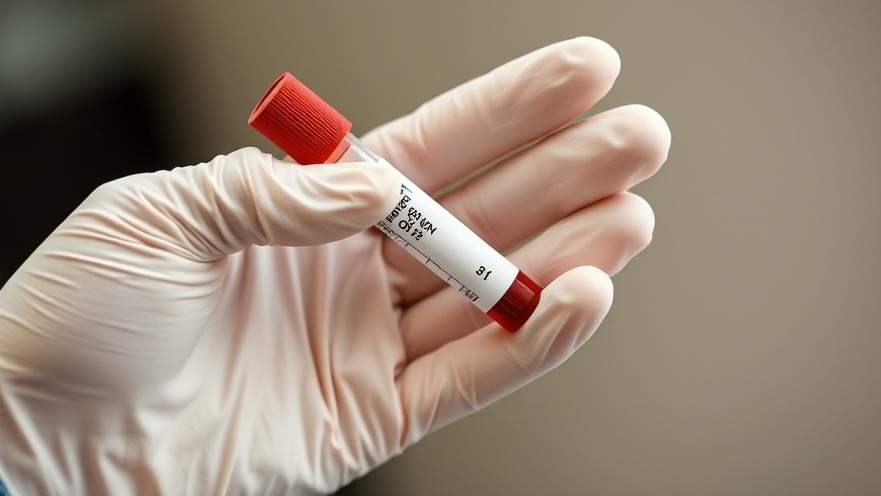
The Rise of Paper-Based Diagnostics
In a groundbreaking study conducted in Ghana, researchers have revealed how paper-based devices can diagnose malaria even in asymptomatic individuals, signaling a significant leap forward in public health diagnostics. Traditionally, diagnosing malaria requires extensive laboratory equipment and processes, often inaccessible in remote areas of sub-Saharan Africa where the disease is endemic. However, this new approach turns that model on its head, hinting at a future where diagnostic capabilities can reach every corner of the globe.
A Game-Changer for Malaria Detection
At the core of the innovation is a deceptively simple solution: cheap paper strips that facilitate accurate and rapid detection of malaria infections. These strips utilize embedded chemical substances that react when a drop of blood is applied, enabling the device to identify specific malaria antigens. According to Professor Abraham Badu-Tawiah from Ohio State University, this portable device can deliver lab-grade diagnostics directly to the patient's location, a significant advantage for rural healthcare practitioners who often confront logistical challenges in illness management.
How It Works: A Simple Yet Sophisticated Technology
The science behind the paper device involves complex chemical reactions, achieved with straightforward materials. The device operates in tandem with mass spectrometry technology to ensure a high accuracy rate of around 90%, which is comparable to more traditional, laboratory-based tests such as PCR.
This innovation means healthcare workers no longer need to transport samples to laboratories, making screening in dense populations or isolated communities significantly more feasible. The implications for controlling malaria, which has seen infected populations fall dramatically—from over 25% in Ghana in 2011 to 8.6% in 2022—are profound, particularly with the recent introduction of malaria vaccines.
Impact on Public Health
According to the World Health Organization, malaria took the lives of approximately 608,000 people in 2022, emphasizing the urgent need for accessible diagnostics. The introduction of this paper-based device could facilitate earlier identification and treatment, ultimately playing a crucial role in eradicating malaria in at-risk populations. As vaccine uptake increases, so does the necessity for ongoing surveillance, especially as this may inadvertently reduce natural immunity among community members.
Future Potential Beyond Malaria
The technology used in these paper-based devices is adaptable, promising potential applications for diagnosing various other diseases in remote environments. Innovators within healthcare technology are continuously seeking ways to streamline diagnostics to address healthcare disparities in underserved areas. This evolution aligns with the growing trend of decentralized healthcare solutions that empower local healthcare providers with tools to deliver timely diagnoses and treatments.
Challenges and Considerations
While the innovation presents numerous benefits, it is essential to consider practical challenges such as the need for education and training of healthcare practitioners on how to effectively use the devices. Additionally, ensuring these tests are integrated into existing healthcare frameworks will be crucial for broader uptake and impact.
Conclusion: A Call to Action
For concierge health practitioners, staying updated on such technological advancements is vital for informed decision-making. The ability to deploy these paper-based diagnostics not only has the potential to revolutionize malaria detection but could also pave the way for more resilient healthcare systems in areas grappling with infectious diseases. Engaging with these developments and considering their implementation in practices can significantly enhance patient care and outcomes.
 Add Row
Add Row  Add
Add 




Write A Comment